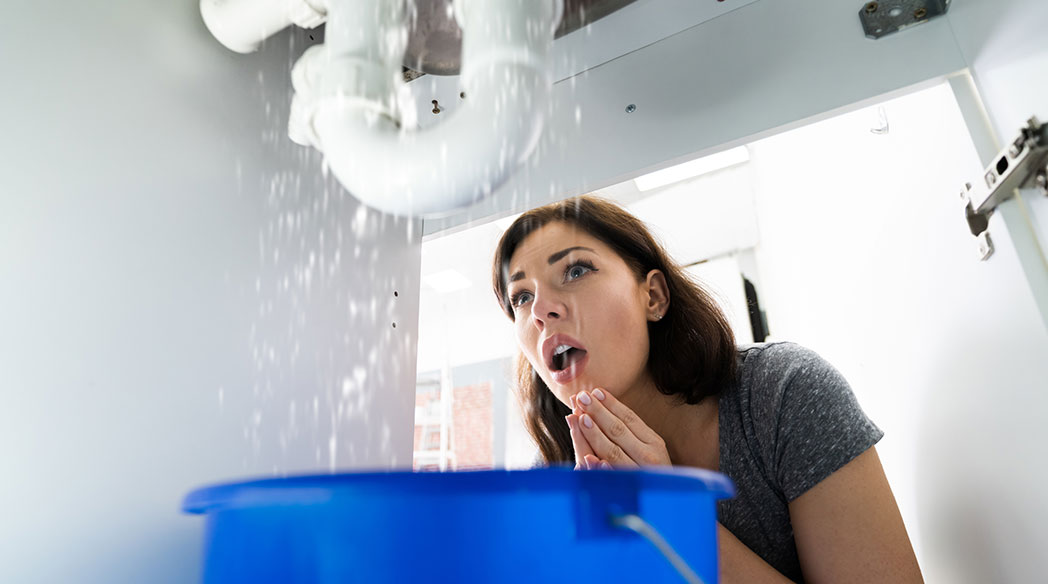Top 10 Plumbing Issues Melbourne Homes Face and How to Fix Them
Melbourne's unique climate and urban landscape present specific challenges for homeowners when it comes to maintaining their plumbing systems. From sudden weather changes to the age of some residential areas, plumbing problems can be diverse. Here, we explore the top 10 plumbing issues encountered in Melbourne homes and offer practical advice on how to address them, ensuring your home's plumbing operates efficiently and effectively.
1. Blocked Drains and Toilets
Blocked drains are a common issue, often caused by hair, grease, and foreign objects. For minor blockages, a plunger or a drain snake can be effective. Regularly clean drain stoppers and consider using a drain guard to catch debris.
2. Leaky Taps and Fixtures
A dripping tap can waste a significant amount of water over time. This issue usually stems from worn-out washers or O-rings, which can be replaced as a simple DIY fix. Remember to turn off the water supply before starting repairs.
3. Burst Pipes
Burst pipes can cause serious water damage and are often a result of freezing temperatures or wear and tear. To prevent this, ensure pipes are properly insulated. If a pipe bursts, turn off the main water supply immediately and call a professional plumber.
4. Hot Water System Failures
Hot water system issues are prevalent, especially in the colder months. Regular maintenance checks by a licensed professional can prevent breakdowns. If your system is not heating water adequately, it may need a thermostat adjustment or element replacement.
5. Sewer System Backup
A sewer backup is a serious health hazard, often indicated by multiple drain clogs, bad odors, or gurgling sounds. Avoid flushing non-degradable items and consider having a professional inspect and clean your sewer lines regularly.
6. Water Pressure Problems
Low water pressure can be due to clogged pipes, leaky pipes, or issues with the municipal water supply. Cleaning aerators or replacing fixtures can help, but persistent problems may require a plumber's diagnosis.
7. Leaking Water Heater
A leaking water heater can lead to increased energy bills and water damage. Check the tank for corrosion or loose connections. Regular maintenance can extend the life of your heater, but replacement may be necessary for significant issues.
8. Corroded Pipes
Corrosion can lead to leaks and water contamination. If you notice discolored water or reduced water pressure, your pipes may be corroded. This typically requires pipe replacement by a professional.
9. Gas Leaks
Gas leaks are dangerous and require immediate attention. If you smell gas, do not attempt to locate the leak yourself. Evacuate the area and contact a licensed gas fitter or emergency services.
10. Noisy Pipes
Pipes can make noise for various reasons, including water hammer or high water pressure. Installing water hammer arrestors or adjusting water pressure can resolve this issue.
While some plumbing fixes can be DIY projects, others require professional intervention, especially in complex systems found in Melbourne homes. Regular maintenance and early intervention can prevent minor issues from becoming major problems. When in doubt, consulting with a professional plumber ensures that your plumbing system remains in top condition, safeguarding your home against potential damage and inconvenience.
